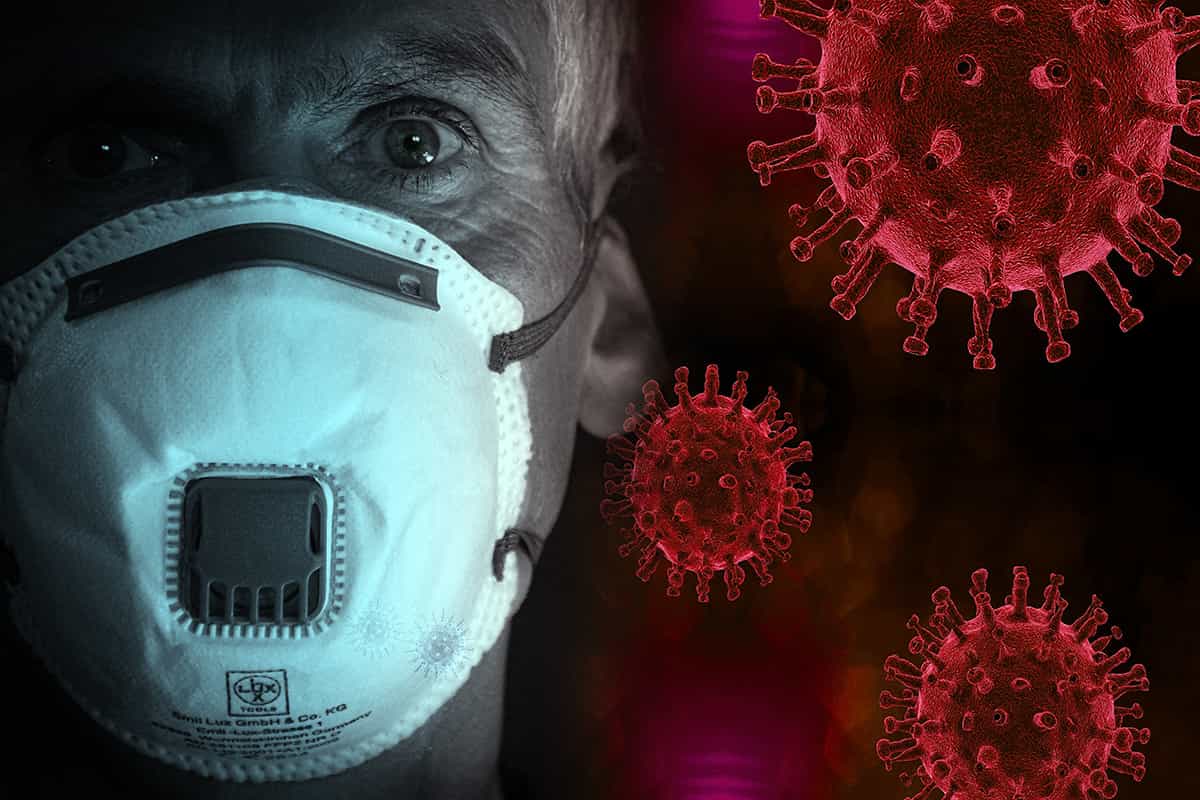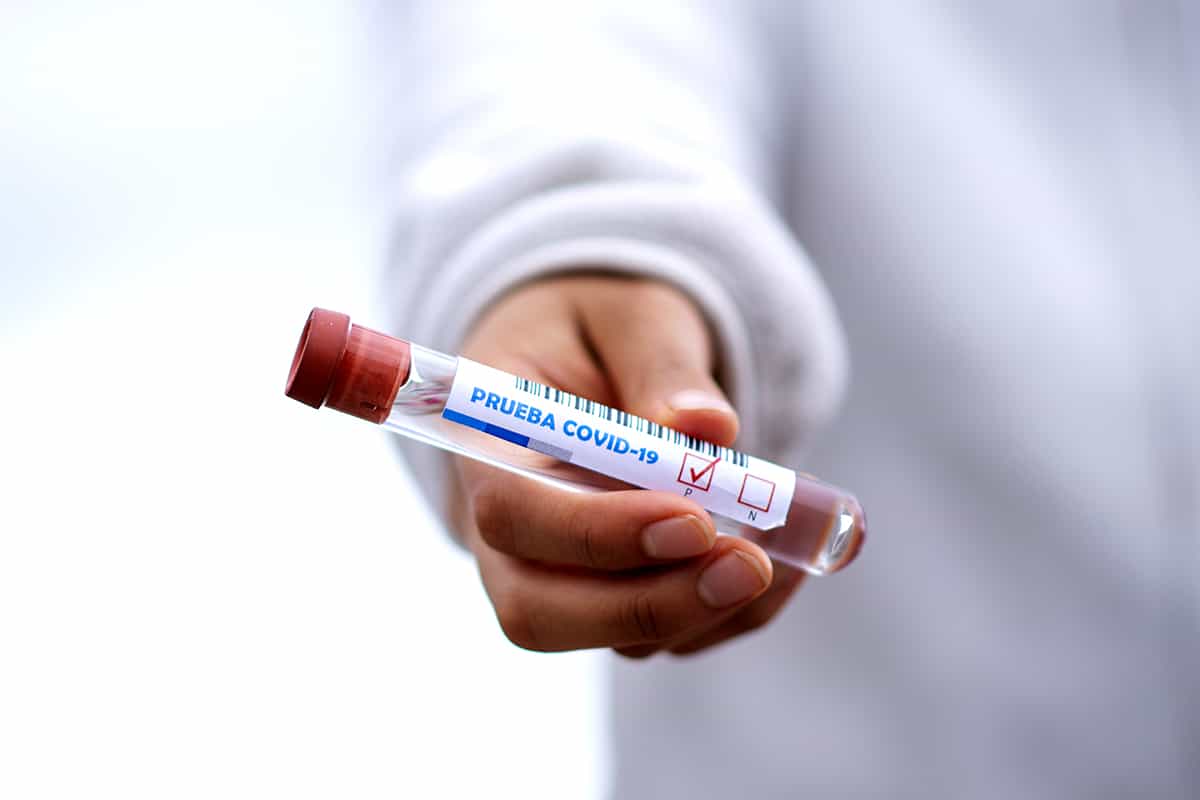Unit coordinator Samantha Hermez wears a surgical mask as she manages the phones in the COVID-19 intensive care unit at St. Paul’s hospital in downtown Vancouver, Tuesday, April 21, 2020.
JONATHAN HAYWARD/The Canadian Press
British Columbia counted its first COVID-19-related death in a First Nations community on Saturday, the province’s top doctor said as she announced 95 more people had been diagnosed with the virus.
Dr. Bonnie Henry called the grim news a “tragedy for all of us.”
“Our elders, in particular in our First Nations communities, are culture and history keepers,” she said, her voice breaking with emotion. “When they become ill and when they die, we all lose.”
There are now 1,948 confirmed cases of the virus in the province, including 100 deaths. Henry said 1,137 people have fully recovered from the virus.
Currently 96 people are in hospital and 41 in intensive care because of the novel coronavirus, she said.
There have been no new outbreaks in long-term care, assisted living or acute care in the last day, she said.
In total, 19 facilities and three acute-care units have active outbreaks, with outbreaks now over at 11 care facilities, Henry added.
But other sectors haven’t been so lucky. Henry said that part of the reason for Saturday’s “dramatic jump” in cases were outbreaks at the Mission Institution federal prison and two poultry processing plants.
The province has conducted extensive testing within the correctional facility over the last few days and recorded 40 new cases. A total of 106 inmates and 12 staff members are infected, Henry said. Two inmates are in hospital.
“From the very beginning we knew it was going to be a challenge with the federal correctional facility,” she said. “It’s a very difficult environment to effectively isolate people.”
Henry said 18 employees have now been confirmed to have COVID-19 at Superior Poultry in Coquitlam, and 35 employees are confirmed positive at United Poultry in Vancouver.
“If they had continued to rumble along without us noticing we would have had more broader transmission in the community,” she said.
On Saturday, B.C. enacted a public safety order to temporarily relocate people from tent encampments in Vancouver and Victoria to hotel and community centre accommodations to protect them from the ongoing pandemic — news Henry welcomed.
The addition of more than 1,000 hotel rooms gives more vulnerable citizens access to secure housing with health-care and mental-health supports, she said.
“We have two public health emergencies in our province, the overdose crisis and now COVID-19, making daily life an even greater struggle for many,” she said.
“Keeping a safe physical distance from others and staying home when ill are the best things we can do with COVID-19, but we recognize this can be extremely difficult for those with precarious housing.”
This report by The Canadian Press was first published April 25, 2020.







